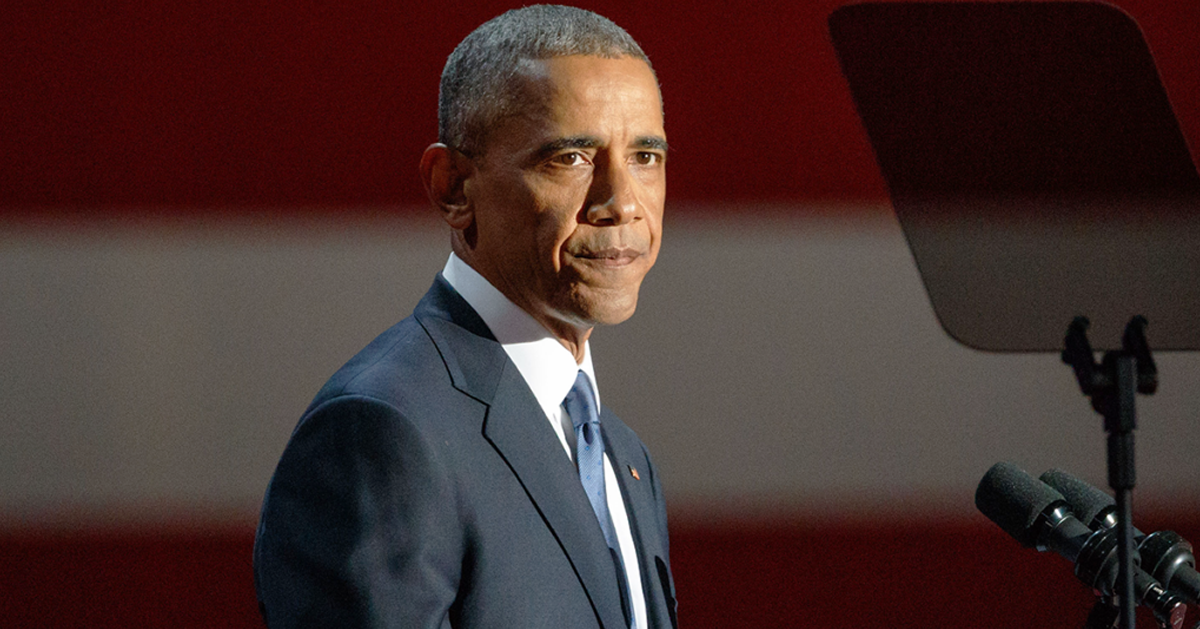Justice Barrett reveals she's set aside her personal beliefs to rule on certain cases
Some Americans believe, perhaps correctly, to an extent, that the decisions made by Supreme Court justices are based on their personal opinions and experiences, rather than an objective assessment of the nation's laws and the Constitution.
But that's not how it is supposed to work, at least in the view of Justice Amy Coney Barrett, who shared in her forthcoming memoir an example of how she set aside her own personal views to uphold a constitutional law that she found "distasteful," according to Fox News.
Likewise, in a recent interview, Barrett argued that the high court "should not be imposing its own values" on the nation when the American people, via the democratic process, have chosen otherwise.
Barrett's personal struggle over the death penalty
Set for public release this week, Justice Barrett's new memoir, "Listening to the Law: Reflections on the Court and Constitution," contains a passage about her tough decision to reaffirm the vacated death sentence for convicted 2013 Boston Marathon bomber Dzhokhar Tsarnaev, despite her personal opposition to capital punishment, which was among the first cases she presided over after joining the Supreme Court in 2020.
"For me, death penalty cases drive home the collision between the law and my personal beliefs. Long before I was a judge -- before I was even a member of the bar -- I co-authored an academic article expressing a moral objection to capital punishment," Barrett wrote. "Because prisoners sentenced to death almost always challenge their sentences on appeal, the tension between my beliefs and the law is not one that I could avoid as a young law clerk, much less now as a judge."
In light of her personal opposition to the death penalty, she could have "looked for ways to slant the law in favor of defendants facing the death penalty," and nobody would have known for sure, she recounted, whether that decision was because of her own moral judgment or because the defendant had presented a strong argument against execution.
Can't distort the law to accommodate personal views
"But that would have been a dereliction of duty. The people who adopted the Constitution didn’t share my view of the death penalty, and neither do all my fellow citizens today," Justice Barrett acknowledged, as well as that distorting the laws to conform to her own views would constitute interference in the self-governance of the people.
"I found the vote distasteful to cast, and I wish our system worked differently. Yet I had no doubt that voting to affirm the sentence was the right thing for me to do," she revealed. "Had I concluded that casting such a vote was immoral or that I couldn’t fairly judge the case, the right thing to do would have been to recuse -- not to cheat."
Barrett noted that, in this case, the Court's ruling had nothing to do with the morality of the death penalty, but rather that there was no "legal impediment" to the imposition of the death penalty on a convicted murderer and terrorist.
Ignoring the critics as much as personal values
Fox News reported that Justice Barrett wrote in her new book that judges and justices serve as "referees" who "decide whether people have played by the rules rather than what the rules should be."
She touched on that same theme in a recent interview with CBS News anchor Norah O'Donnell, according to The Hill, when she was asked about critical speculation from the left about the possibility of the Supreme Court overturning its precedential ruling on the legality of gay marriage.
"It’s not just an opinion poll about whether the Supreme Court thinks something is good or whether the Supreme Court thinks something is bad," Barrett said. "What the court is trying to do is see what the American people have decided."
"The Court should not be imposing its own values on the American people -- that’s for the democratic process," she asserted.
Barrett later downplayed the impact of the Court's critics, and added, "I think people who criticize the court or who are outside say a lot of different things. But again, the point that I make in the book is that we have to tune those things out."




